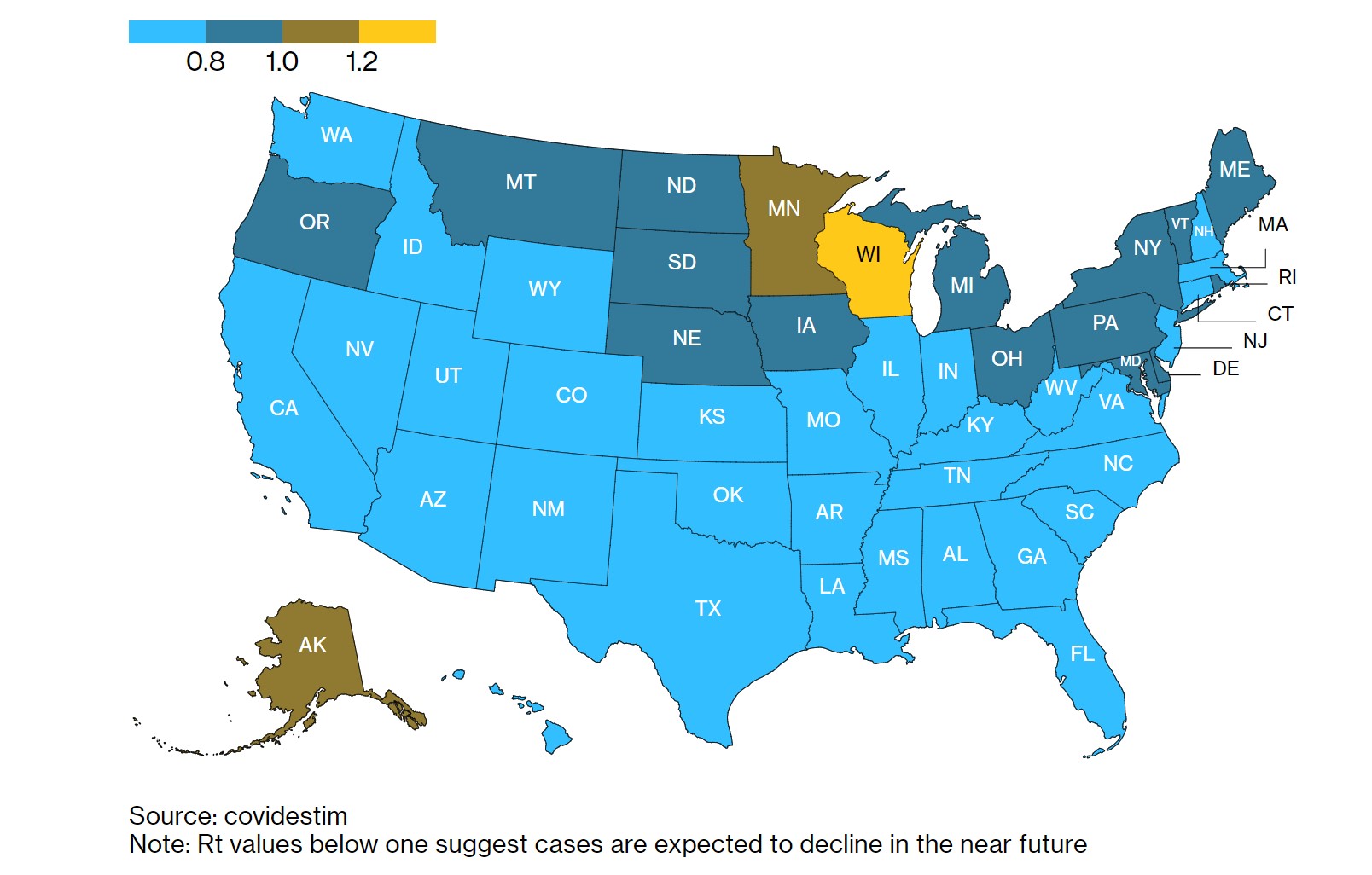
Bloomberg
Media Bias by Omission: Bloomberg Doesn't Investigate Democratic Presidential Candidates
As of Nov. 2019, Bloomberg admits that it engages in bias by omission with a Lean Left bent. Mike Bloomberg, New York City mayor and founder of the financial software company that owns Bloomberg, officially entered the 2020 Democratic presidential race in Nov. 2019. According to a memo sent to editorial and research staff obtained by CNBC and verified by a Bloomberg spokesperson, Bloomberg News announced it would refrain from investigating Mayor Bloomberg and his Democratic rivals.
“We will continue our tradition of not investigating Mike (and his family and foundation ) and we will extend the same policy to his rivals in the Democratic primaries. We cannot treat Mike’s democratic competitors differently from him,” Editor-in-Chief John Micklethwait said in the memo.
In Dec. 2019, President Donald Trump's campaign announced it would stop credentialing Bloomberg News reporters for rallies and other events until the outlet resumed investigating Democratic candidates.
Mike Bloomberg is founder and 89% shareholder in Bloomberg LP, the financial software company that owns Bloomberg News.
The U.S. recovery from the latest Covid-19 wave is taking hold across the country, with cases dropping or poised to start falling in the vast majority of states.
In 47 states plus the nation’s capital, a measure of average new infections from one newly infected person is below the key level of 1, signaling that cases are expected to decline, according to covidestim, a modeling project with contributers from Yale School of Public Health, Harvard’s T.H. Chan School of Public Health and Stanford Medicine.
That measure, known as the effective reproduction number or Rt, was below 1 in 42 states and the capital a week ago; a month ago it was just nine. Meanwhile, the seven-day average of new cases in the U.S. was 110,232 as of Sept. 27, down from more than 160,000 at the start of September, according to Centers for Disease Control and Prevention data.
That’s not to say that states aren’t still suffering. Even as infections appear to be slowing and even ebbing, some areas are still managing crisis-level situations in their intensive-care units. Covid-strained hospitals appeared to be most concentrated in parts of the Rocky Mountain West -- Idaho, Wyoming and Montana -- plus Georgia and West Virginia, according to U.S. Department of Health and Human Services data.











